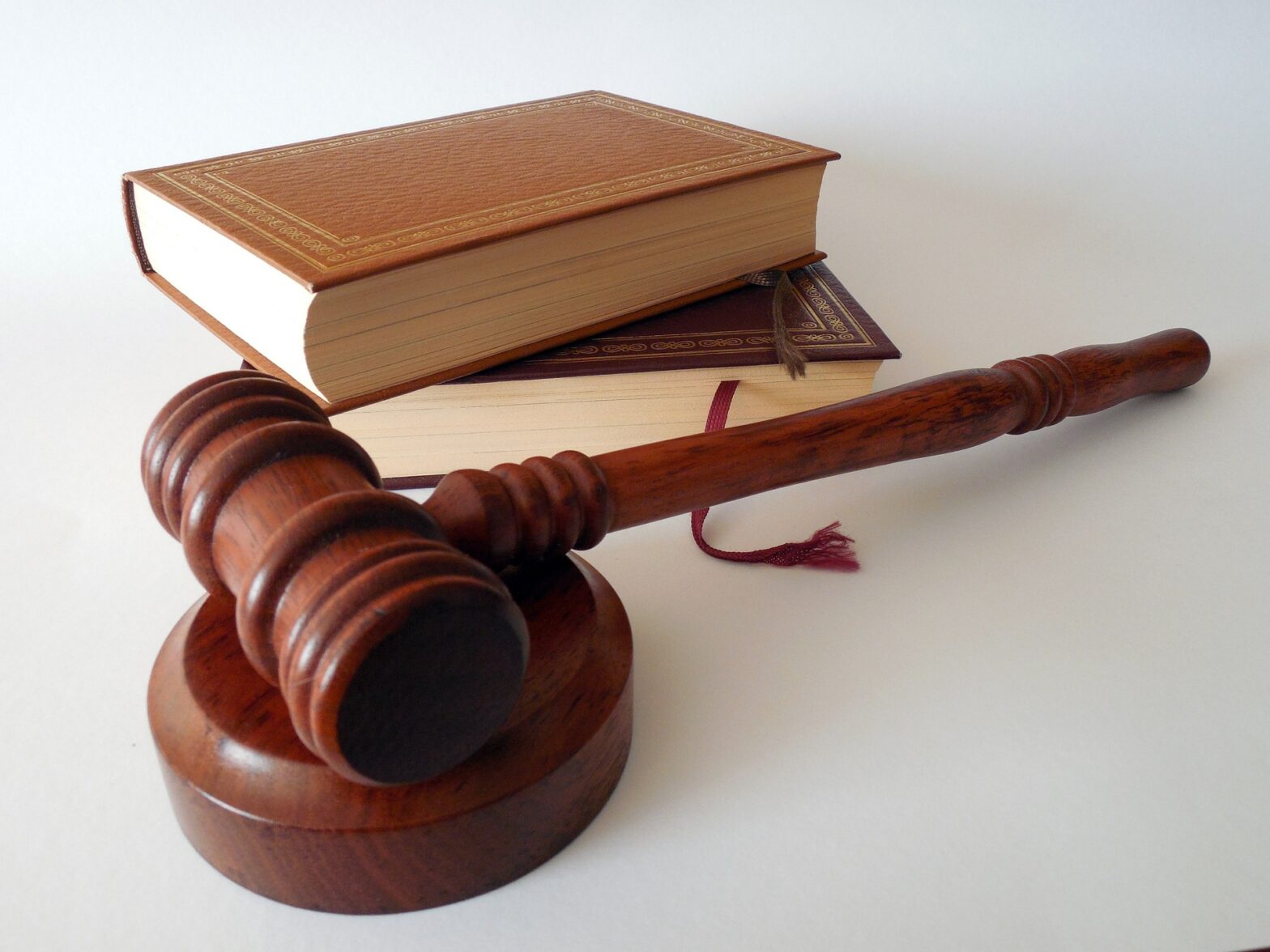Chapter 7 bankruptcy in Utah is a type of bankruptcy that is often referred to as “liquidation bankruptcy.” This is because in a Chapter 7 bankruptcy, a debtor’s assets are sold to pay off creditors, and any remaining debts are discharged. This type of bankruptcy is available to individuals, partnerships, corporations, and even some types of trusts. Let’s focus for now on who can file for Chapter 7 bankruptcy as an individual.
What are the requirements for a Chapter 7?
First and foremost, in order to file for Chapter 7 bankruptcy, an individual must meet certain income requirements. In 2005, the Bankruptcy Abuse Prevention and Consumer Protection Act (BAPCPA) was passed, which established a “means test” for determining whether someone is eligible for Chapter 7 bankruptcy. The means test compares an individual’s income to the median income for their state, and if their income is below the median, they are presumed to be eligible for Chapter 7. If their income is above the median, then they may still be eligible, but they must go through a more complex calculation to determine their eligibility.
There are some exceptions to the means test, however. For example, if an individual’s debts are primarily business debts, then they are not subject to the means test. Additionally, if an individual is a disabled veteran or a reservist who was called to active duty after September 11, 2001, and their debts were primarily incurred while on active duty, then they are also exempt from the means test.
In addition to meeting the income requirements, an individual must also complete a credit counseling course before filing for Chapter 7 bankruptcy. This course is designed to help individuals understand their finances and explore other options besides bankruptcy. It must be completed within 180 days before filing for bankruptcy.
Are there limitations on who can file bankruptcy?
There are some limitations on who can file for Chapter 7 bankruptcy. For example, if an individual has filed for bankruptcy within the past eight years and had their debts discharged, they may not be eligible to file again. Additionally, if an individual has committed certain types of fraud or has willfully failed to obey a court order, they may not be eligible for Chapter 7 bankruptcy.
What will Chapter 7 bankruptcy not fix?
It is also important to note that while Chapter 7 bankruptcy can be a powerful tool for getting out of debt, it is not a cure-all. Certain types of debts, such as student loans and most tax debts, cannot be discharged in a Chapter 7 bankruptcy. Additionally, a bankruptcy filing will remain on an individual’s credit report for up to ten years, which can make it difficult to obtain credit in the future.
Finally, it is important to understand that filing for bankruptcy is a serious decision that should not be taken lightly. It is a legal process that involves working with a bankruptcy attorney, completing paperwork, and attending court hearings. While it can be a difficult and emotional process, it can also provide individuals with a fresh start and the opportunity to rebuild their finances.
In Utah a Chapter 7 bankruptcy is available to individuals who meet certain income requirements and have completed a credit counseling course. However, there are limitations on who can file for bankruptcy, and it is not a cure-all for all types of debt. Filing for bankruptcy is a serious decision that should be made after careful consideration and with the guidance of a bankruptcy attorney.
